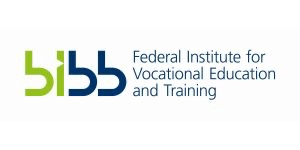African countries and regional bodies are committed to improving skills anticipation systems to ensure better alignment between skills supply and skills demand.
A 2015 African Union (AU) inventory of labour market information systems (LMIS) across Africa found that 26 of the 38 AU Member States surveyed either had already conducted a labour force survey or were in the process of doing so. (African Union 2015, Country LMIS Inventory, discussed in African Union/USAID 2016)
Many AU Member States regard the establishment of a functional and relevant LMIS as a key priority for addressing skills gaps as part of Agenda 2063, Africa’s blueprint and master plan for transforming Africa into a global powerhouse. (NEPAD 2022)
The AU Commission’s Skills Initiative for Africa (SIFA) has partnered with the International Labour Organization (ILO) to build the capacity of AU Member States to systematically anticipate current and future labour market skills needs as an integral part of national LMIS. (AUDA-NEPAD 2022)

AdobeStock_498052620
While many African countries collect data on skills needs, few do so regularly, and the data is seldom analysed or disseminated, limiting its usefulness for TVET planning.

AdobeStock_315582325
Close partnerships with the private sector can provide TVET stakeholders with robust labour market intelligence on a regular basis.
The BILT project is implemented by

with support of

and sponsored by

UNESCO-UNEVOC International Centre
for Technical and Vocational Education and Training
UN Campus, Platz der Vereinten Nationen 1
53113 Bonn, Germany
Contact
Data privacy statement | Contacts | © UNESCO-UNEVOC